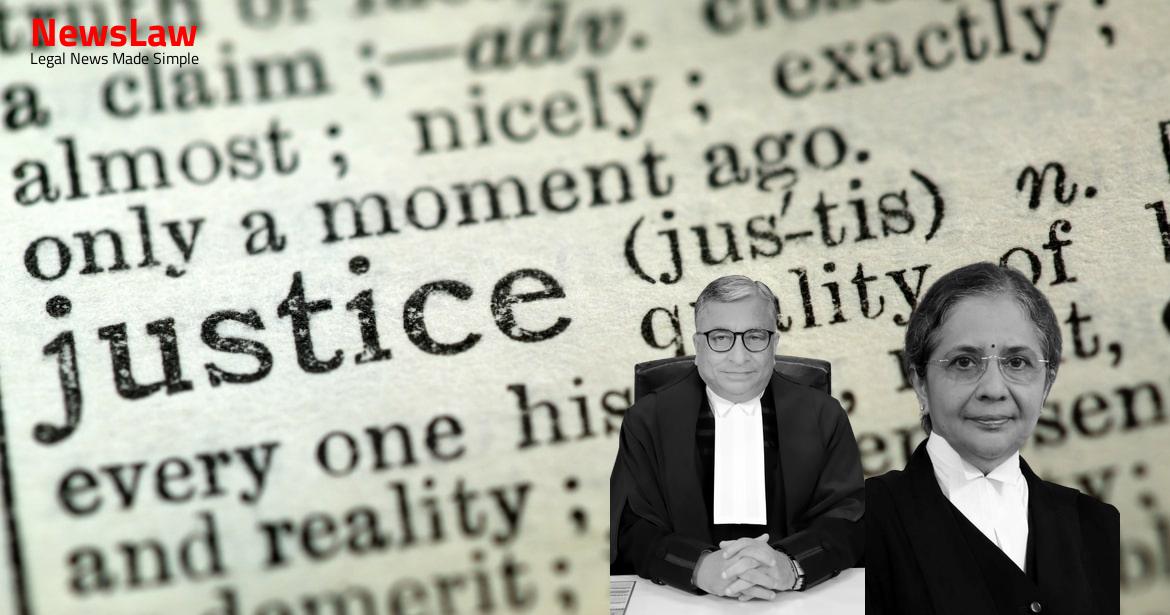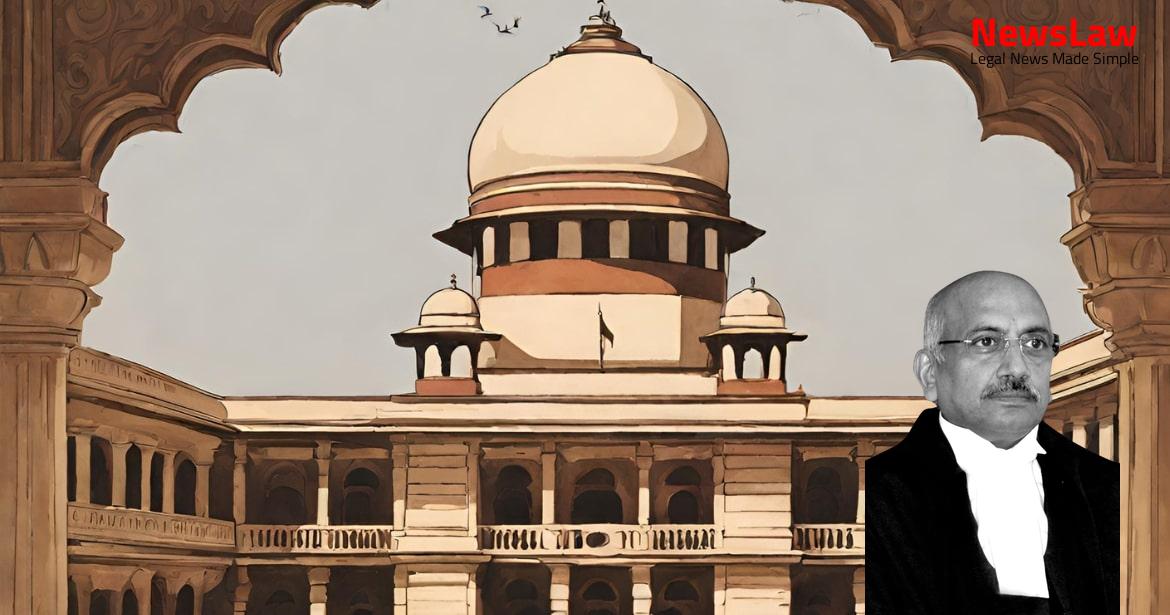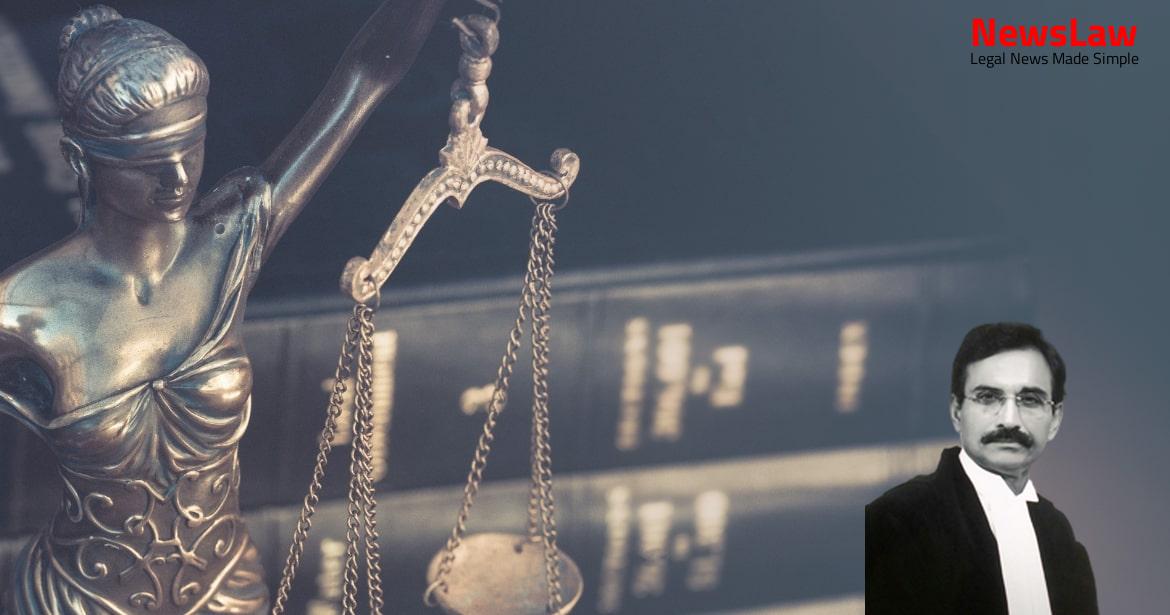The Appellants are the heirs and legal representatives of Rajesh (deceased) who died as a result of a motor accident on 15 August 2010. By its award dated 12 July, 2013, the Tribunal estimated the deceased’s income at Rs.4000/- per month and allowed the claim in the amount of Rs.6,24,000/- together with interest at the rate of 6% per annum from the date of filing the Claim Petition till the date of full realization of the decreed amount.
15,000/- per month as claimed by the appellants, in support the appellants had filed the deceased’s Income Tax Return for financial year 2009-2010 before the Tribunal which showed the total income of deceased to be Rs.1,18,261/-, approx.
The High Court fixed the monthly income of the deceased to Rs.5,000/- per month, added 40% (Rs.2,000/-) of the deceased’s income towards future prospects and deducted one-fourth (1/4th) of the income towards personal expenses, which totaled to Rs.63,000/-. The Tribunal failed to award any amount under the Conventional Heads and the High Court awarded a sum of Rs.70,000/- in lumpsum under the Conventional Heads, whereas the same ought to have been Rs.1,20,000/- as per the 5 Supreme Court’s judgment in Malarvizhi & Ors.
The income tax return is a statutory document on which reliance may be placed to determine the annual income of the deceased.”
The provisions of the Motor Vehicles Act, 1988 (for short, “MV Act” ) gives paramount importance to the concept of ‘just and fair’ compensation. In Sarla Verma (Supra), it was further held that where the deceased was married, the deduction towards personal and living expenses of the deceased should be one-third (1/3rd) where the number of dependent family members is between 2 and 3, one-fourth (1/4th) where the number of dependent family members is between 4 and 6, and one- fifth (1/5th) where the number of dependent family members exceeds six. In the instant case the deceased is survived by seven (7) dependents, hence in view of the Sarla Verma (Supra) judgment and the Constitution bench judgment of this Court in Pranay Sethi (Supra) the appropriate deduction for personal expenses for deceased ought to be 1/5 only and not 1/4 as applied by the Tribunal and High Court. While determining the income, an addition of 50% of actual salary to the income of the deceased towards future prospects, where the deceased had a permanent job and was below the age of 40 years, should be made.
The established income means the income minus the tax component.”
Also Read: https://newslaw.in/supreme-court/assessment-of-loss-of-earning-capacity-in-motor-accident-claim/
The Tribunal erred by not making any additions to future prospects of the deceased, whereas the High Court by placing reliance on Sarla Verma (Supra) and Pranay Sethi (Supra) held that since the deceased was under 40 years of age and was self-employed, he be entitled to 9 addition of future prospects of 40% of his established income.
The Tribunal awarded meagre sums of Rs.10,000/- and Rs.2,000/- towards conventional heads and funeral expenses, respectively, whereas the High Court while placing reliance on Pranay Sethi (Supra) awarded Rs.70,000/- under conventional heads and Rs.10,000/- towards funeral expenses of the deceased. Otherwise, there will be extreme difficulty in determination of the same and unless the thumb rule is applied, there will be immense variation lacking any kind of consistency as consequence of which, the orders passed by the tribunals and courts are likely to be unguided.
after considering Pranay Sethi (Supra), has awarded spousal consortium at the rate of Rs.40,000/ (Rupees forty thousand only) and towards loss of parental consortium to each child at the rate of Rs.40,000/ (Rupees forty thousand only).
Also Read: https://newslaw.in/supreme-court/enhancement-of-compensation-in-workmens-compensation-act-case/
Thus, the spousal consortium is awarded at Rs.44,000/
Case Title: ANJALI Vs. LOKENDRA RATHOD (2022 INSC 1258)
Case Number: C.A. No.-009014-009014 / 2022



